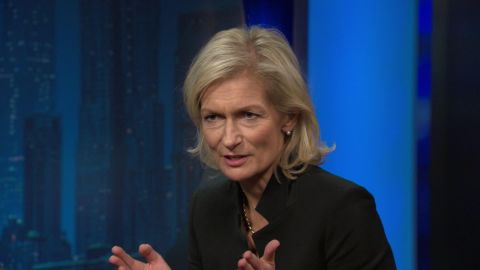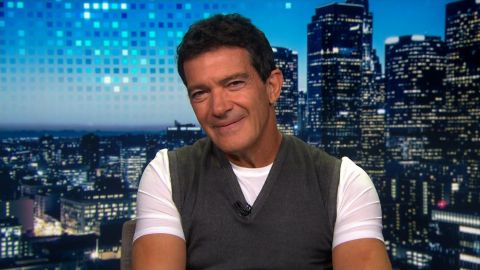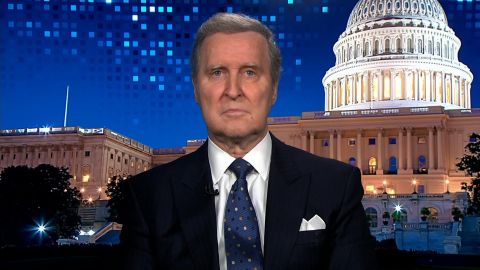Read Transcript EXPAND
CHRISTIANE AMANPOUR: You’ve come back from a heart attack and people just kind of can’t believe it because you look healthy, you were robust in the film. And I’m just trying to figure out how that affected your performance. I was struck by what I read that you told the story of a nurse who saw you straight afterward and said, you know, people say I love you with all my heart for a reason, that that’s where the emotions are, that’s where the feelings are and you are going to feel sad. And I wonder whether you did feel sad. And then, of course, Almodovar said that something in you has become more sensitive to certain things, something deep inside you changed for the better. Talk to me about that.
ANTONIO BANDERAS, ACTOR, “PAIN AND GLORY”: Well, first of all, I have to be very respectful to people who have suffered disease like me, in this case, a heart attack. A heart attack, you know, it can be in many different ways. There are heart attacks that they just take you out like this and there are others like — it was very, very, very lucky actually because I had my girlfriend with me at the time and she put an aspirin on my mouth, immediately I started feeling the symptoms. There was a number of things that happened that morning. But if I say what I’m going to say, many people may think that it’s strange, but it’s true. This heart attack came to my life as a blessing. In way, it thought to me — or reorder, somehow, my priorities. And so, things that I thought that were very important sunk and only the things that really were important stayed, you know. My daughter, of course, my family, my friends and my vocation. I wouldn’t even say my professional life, my vocation, which is to be an actor. It’s just to tell story to other. But it’s true, there was a certain sadness that has do with the fact that you discover that you are very vulnerable. That death is the only certainty that we have and everything else is absolutely irrelative, including taxes. But death is there, it’s perfect. So, I went to live life in a completely different way. And there was something inside of me that changed. And Pedro Almodovar who is a perspective person, he saw that and he said, you know, don’t try to hide that because I know you, Antonio, you are going to try just to show that you are fine and you are going to try to be athletic and a number of things in the character, no. This character requires of that kind of solitude, the kind of suffering that you have experienced. And I want you to apply it to the character. I knew exactly what he was talking about.
About This Episode EXPAND
William Cohen joins Christiane Amanpour to analyze the latest developments in the impeachment inquiry. Antonio Banderas discusses his new film “Pain and Glory.” Zanny Minton Beddoes speaks to Walter Isaacson about her role as The Economist’s first female editor in chief.
LEARN MORE


